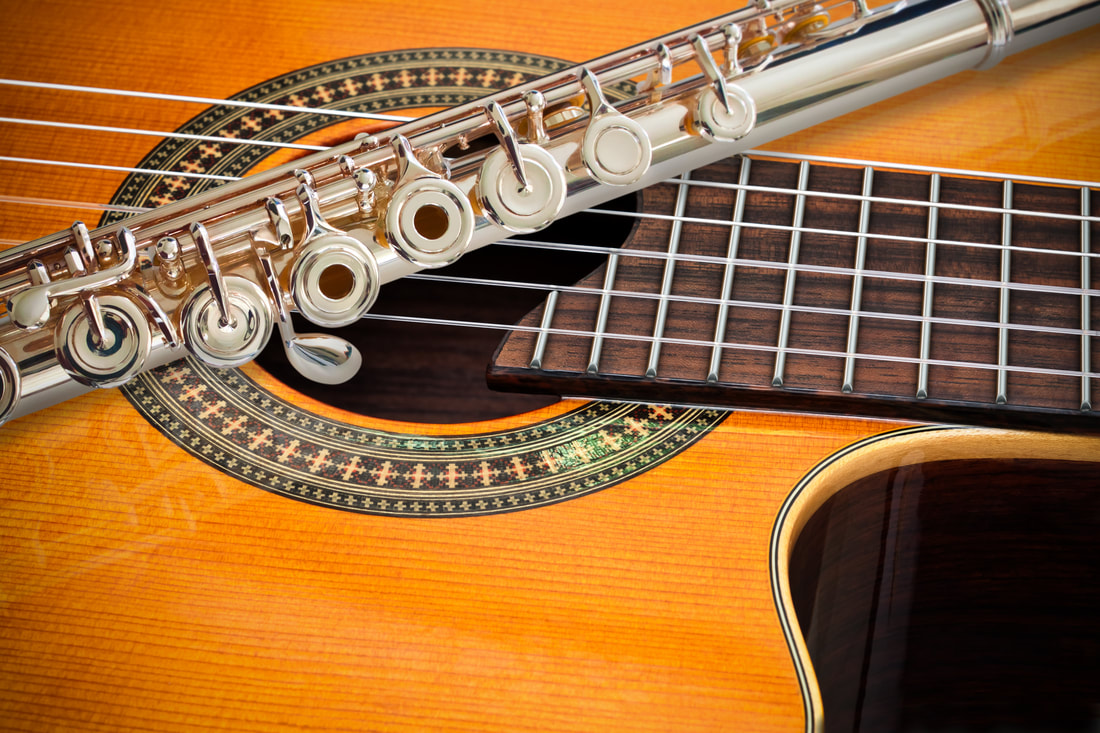|
A few years ago, violist and radio commentator Miles Hoffman wrote an op-ed piece for The New York Times about what he called the Classical Music Insecurity Complex.
He shared that many people distrust their reactions to hearing classical music—or dismiss listening to it entirely, recorded or live—out of fear that they don’t “know enough” or that someone more expert will disagree with them. People may feel that they don’t know what they should be listening for in serious art music. Listeners are bewildered or confused. They don’t want to look like they don’t “get it.” This feeling is common; we see and hear about it all the time, which is why we’re passionate about explaining why YOU are so important to live performance. Listening is easier than you think. Let us explain. The power of live music First, music isn’t made of printed notes on a page any more than a journey is made up of a map. The notes are simply the instructions on how to get to where we’re going. Music is made in a moment in time and space. As musicians, Paul and I each spend hundreds of hours practicing in solitude. When the music starts to emerge and come alive, my experience is that it just longs to be heard by another set of ears. This is why we are deeply honored by your presence in our concert hall. You’ve decided to trust us to guide you on a journey. It’s a big responsibility: it’s up to us to take you somewhere new together, somewhere beyond the mundane. This is the true magic and joy of music: its power to take us somewhere that words cannot. Certain intangibles of the human experience are too deep, too beautiful or sad or exciting to be conveyed in words. When we try to translate them into words, something is lost. What you feel when you hear your favorite song is this power. It’s the music burrowing into your heart and soul and taking you outside the present moment. Live music is even more special, because it only exists at the moment that you’re experiencing it. The art is happening right then, right there, right now. As each note is played, it lasts only for its indicated length, and then it's gone...never to be heard quite the same way again. As a musician, I understand that each note has a special purpose that only it can fulfill. It has relationships to the notes that came before it and after it, and it’s up to me to understand and interpret those relationships, and to bring you along on this journey. Listen in new ways With this in mind, there are a few ways that we recommend you can listen to live music, without self-consciousness and intimidation—simply for the pure pleasure of being part of a shared journey. First, concert halls and performance spaces have been quiet for more than a year. Now we are just at the beginning of these experiences returning. There will be a special joy in simply being able to have the opportunity, should you so choose, to attend a live performance. Second, a live performance can be a chance for you to leave our frenetic, technology-driven, schedule-oriented daily rhythm behind. Performance spaces are like airplanes—they’re one of the last spaces where (if you’re dutiful about silencing your phones), people cannot reach you in an instant. You can turn off the incessant demands for a time and relax into an experience that can take you and your mind to new and fantastic places. Third, it’s all right if you don’t like it. Many people are afraid that they won’t, and this fear keeps them out of performance spaces. But you’d order something at a restaurant that you haven’t tried. You’d go to (or stream) a movie and openly share your opinion. It’s all right to try something and not like it. Bring this open-mindedness to the concert. How to listen to classical music Some pieces are “about” something: they have a theme that offers an entry point for the listener. Some don’t. Either way, we, as artists, and you, as listeners, each bring our own experiences and our own selves into the music, together creating something altogether new each time, even if you’ve heard the piece before. Even, in fact, if you’ve played the piece before, as musicians who attend performances understand. The art of listening can be distilled down to the simplicity of this: openness. Regardless of my and Paul’s detailed knowledge of the musical score in front of us, we each revel in having a new experience of the music with every performance. We never know quite what to expect from the music, and here’s the key: Neither should you. This bears repeating. Just as in life, in classical music, we should never know what to expect. We human beings are in a constant state of flux. We find ourselves in varying degrees of harmony or disharmony with the world around us. Who we are and how we are, in any given moment, is going to inform how we experience the music as we hear it. Focused, attentive listening, without expectation, offers a unique opportunity for us to become, for just 90 minutes in the concert hall, a real human being instead of a human doing. When it comes right down to it, listening and experiencing live classical music in the gestalt of time and space binds us together as a community, and enhances our common human experience. It’s sort of like meditating in a group. Leave your cares at the door We encourage you to leave your worries, cares and any Classical Music Insecurity Complex at the door. Bring your ears to the concert hall and open your mind and heart to partake in the nourishment of your whole self. Permit the sound to suffuse your soul to its deepest levels. Bring a special someone or your longtime partner or your date. Bring your friend. Bring your (older) child or teen and share a new experience. Make an evening out of it, with a dinner out before or after. Read about the music beforehand if you want. Don’t if you don’t want to. When you do join us, you’ll be part of a long history of humankind coming together to hear something special. Live classical music performances were once the places to see and be seen. People played music at home, and they attended music performances together in celebration, out of shared interest, or because a performer or composer had attracted a following. We can still channel this excitement today. Simply put, there’s no right or wrong of ‘what or how’ when we speak of listening to classical music. The only wrong way is to not listen at all. At the core of it, there’s only our common experience as human beings. Bring yourself to the conversation. It’s three-way: between the composer, the artists, and the listener. We need you to make this special thing we call music. After all, if great music is performed by passionate artists, but no one is there to hear it, has any music been made at all?
2 Comments
Valerie Steil
7/27/2021 08:40:30 pm
Beautifully stated. I totally concur.
Reply
12/12/2022 01:15:31 am
I really love that you said how live music is significantly special as it only exists at the moment you're experiencing it. I'm celebrating my birthday soon, and I want to have entertainment at my party. I should consider hiring a live entertainment company that can bring special moments on my special day.
Reply
Leave a Reply. |
AuthorWrite something about yourself. No need to be fancy, just an overview. Archives
March 2022
Categories |


 RSS Feed
RSS Feed





